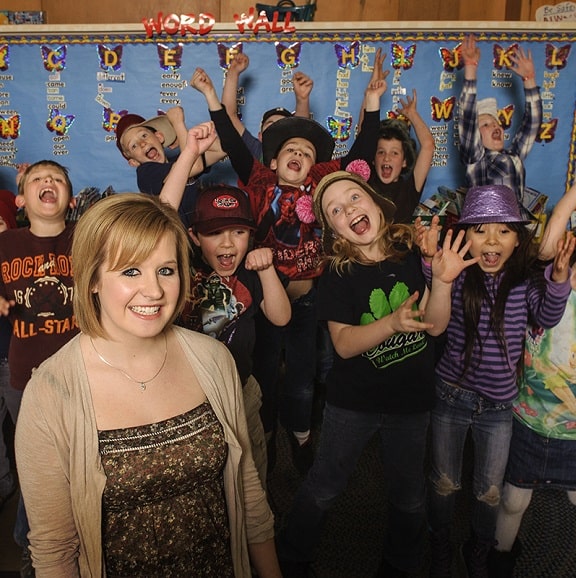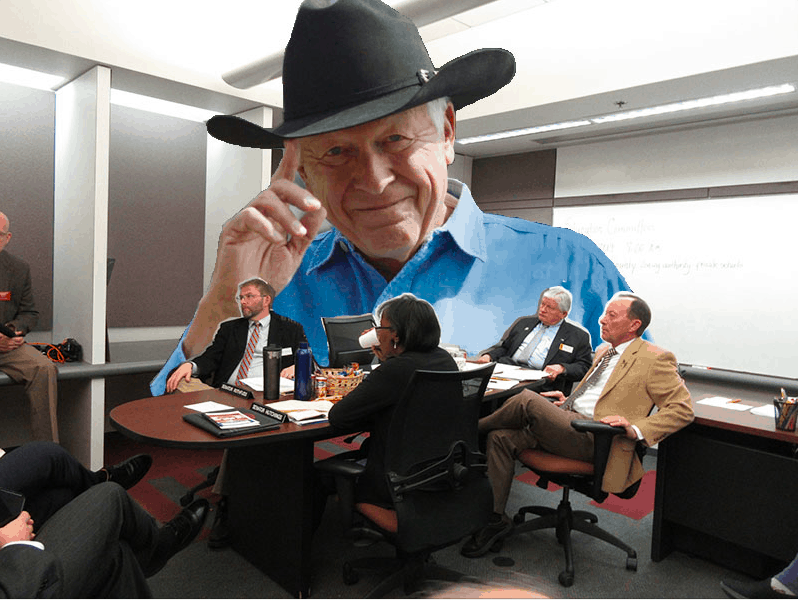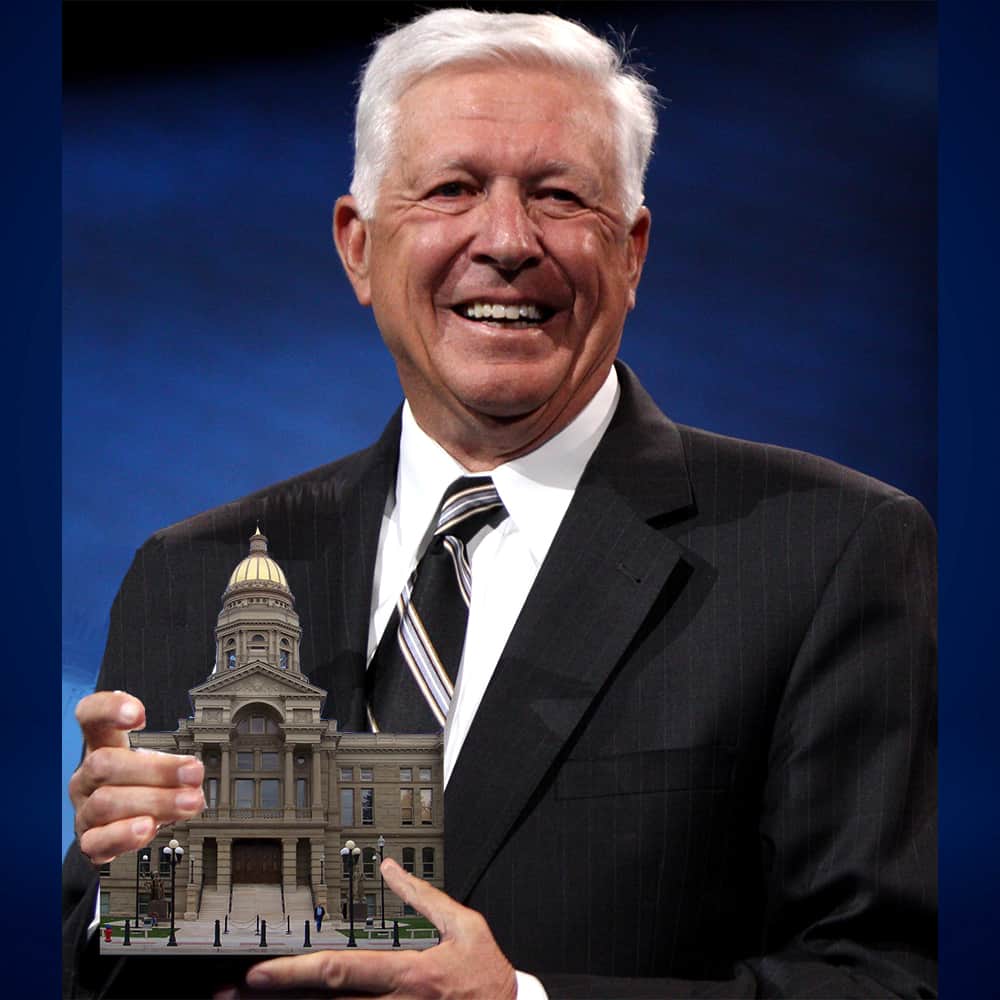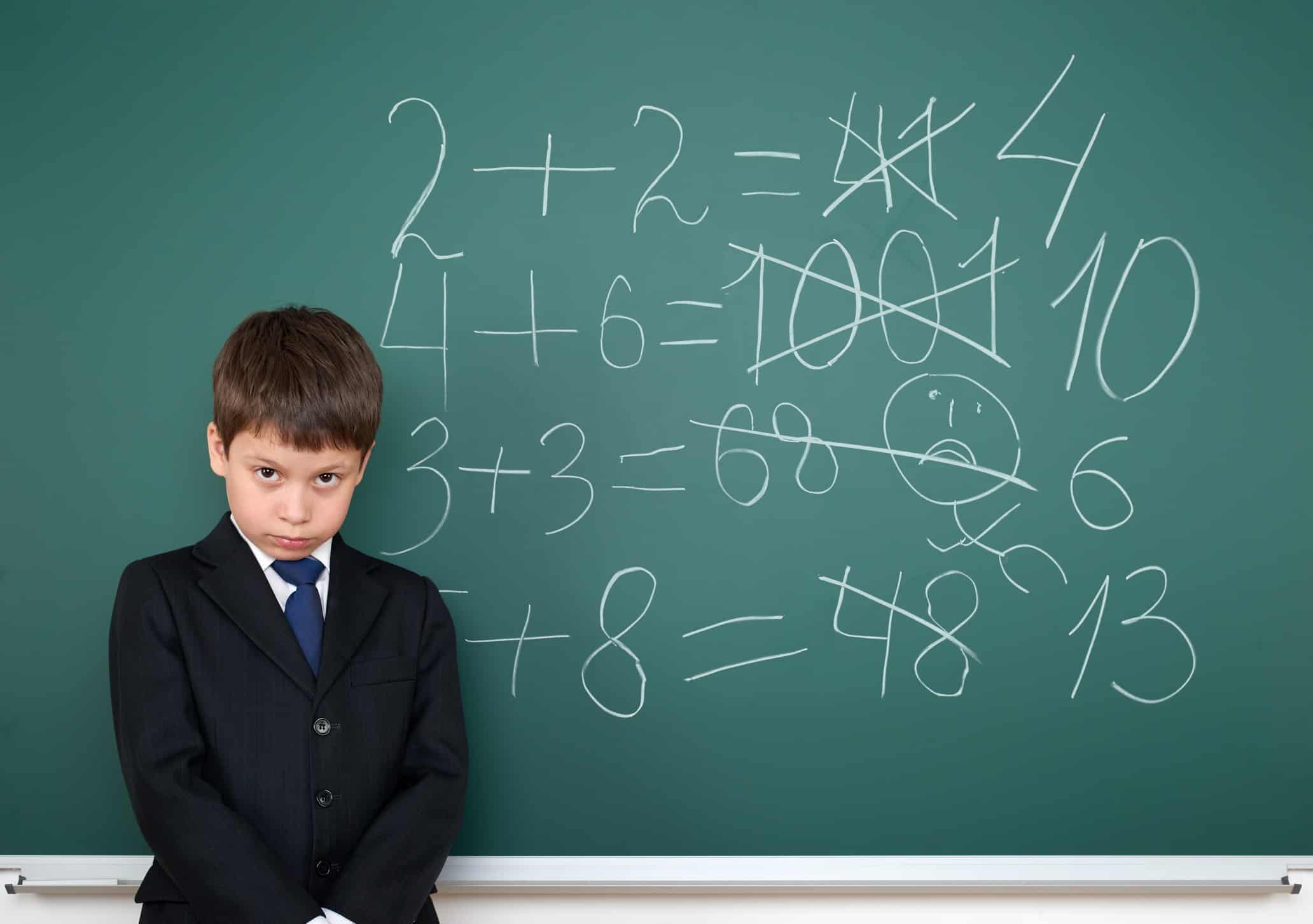House committee votes to remove standardized test scores from Wyoming teacher evaluations
Wyoming teachers’ job performance evaluations have been tied to their students’ standardized test scores for the past 20 years.
But we might be close to seeing the end of what has turned out to be a dumb and ineffective policy.
Nationally, the widespread practice began under the No Child Left Behind law that was passed by U.S. Congress during the George W. Bush administration. It continued with Barack Obama’s “Race to the Top” program, which pitted states against each other for funding based on students’ test performances.
Some Wyoming school districts actually began pegging teacher performance to student test scores a few years prior to NCLB.
But as Rep. John Freeman (D-Green River) quipped at a recent committee meeting, rather than not leaving children behind, the practice merely made sure that there was “No Child Left Untested.”
A good move forward
Last week the House Education Committee unanimously passed House Bill 22, which among other things would remove standardized test scores from the equation when school district administrators evaluate teachers.
“Large-scale assessments were intended to look at system performance—not how well a teacher is teaching.”
Teachers unions throughout the country have fought against this method of evaluation for years. Recently, more and more administrators and lawmakers have begun to agree with them.
Tammy Johnson, governmental policy director for the Wyoming Education Association, told the House committee that using standardized tests to judge teachers was a misuse of the tests.
“Large-scale assessments are not designed, nor do they reflect, individual student performance, nor teacher performance,” Johnson said. “They were intended to look at system performance—how well do districts function, how well do your schools function—but not how well is the teacher teaching.”
Lawmakers’ lust for “teacher accountability”
Wyoming State Legislators like to criticize teachers whenever questions of school funding come up. They argue that Wyoming’s high per-pupil cost should result in exceedingly high performance, even though the high cost is the result of Wyoming’s rural, dispersed population.
There no correlation between whether a teacher is “good” or “poor” based students’ standardized test scores.
So, they suggest, it must be the teachers’ fault. Some lawmakers even float the idea of tying teachers’ pay to their students’ standardized test scores.
But the overwhelming conclusion of researchers is that there no correlation between whether a teacher is “good” or “poor” based on how well their students score on standardized tests. In fact, the evaluation process can hurt school districts if excellent teachers get burned out because they have to spend too much time preparing students to take the test and sacrificing other elements of their job.
It doesn’t help teacher recruitment, either.
“We know nationally that these standards didn’t work [to judge teacher performance],” Johnson said. “Kids come to school every morning with all kinds of things. How they perform every day in the classroom is largely dependent on what happened the night before at home, whether they had a meal, whether they had a safe environment to come from, and that’s totally out of the teachers’ hands.”
Unintended consequences of “teaching to the test”
Experts who have studied test-based accountability measures, including those aimed at teachers, say standardized test scores are too often misused to try and determine overall educational quality.
They also can have the unintended consequence of needlessly increasing stress on teachers and students, stifling creativity, and encouraging educators to “teach to the test” rather than providing students a holistic education.
“American education has been trapped, stifled, strangled by standardized testing.”
Diane Ravitch, an education historian and a former member of the U.S. Department of Education under President George H.W. Bush, says the nation’s overemphasis on standardized testing hurts students.
Ravitch says for the last 16 years, “American education has been trapped, stifled, strangled by standardized testing. Or, to be more precise, by federal and state legislators’ obsession with standardized testing.”
Removal of a “wrecking ball”
No Child Left Behind has been generally recognized as a failure in education circles. But Ravitch says Obama’s “Race to the Top” program was no better. In fact, for teachers it was worse.
“Thousands of educators were fired, and countless public schools were closed or handed over to private charter operators,” Ravitch wrote.
What some referred to as the “charter reform movement,” Ravitch says, was really “a giant wrecking ball that did immeasurable damage to students, teachers and public educators.”
If HB-22 passes, a big part of that wrecking ball may soon be removed from Wyoming statutes.
Given Wyoming lawmakers’ disdain for anything having to do with Obama, it’s perhaps unsurprising that HB-22 looks like it’s going to sail through the House and on to the Senate, and hopefully to Governor Mark Gordon’s desk.






